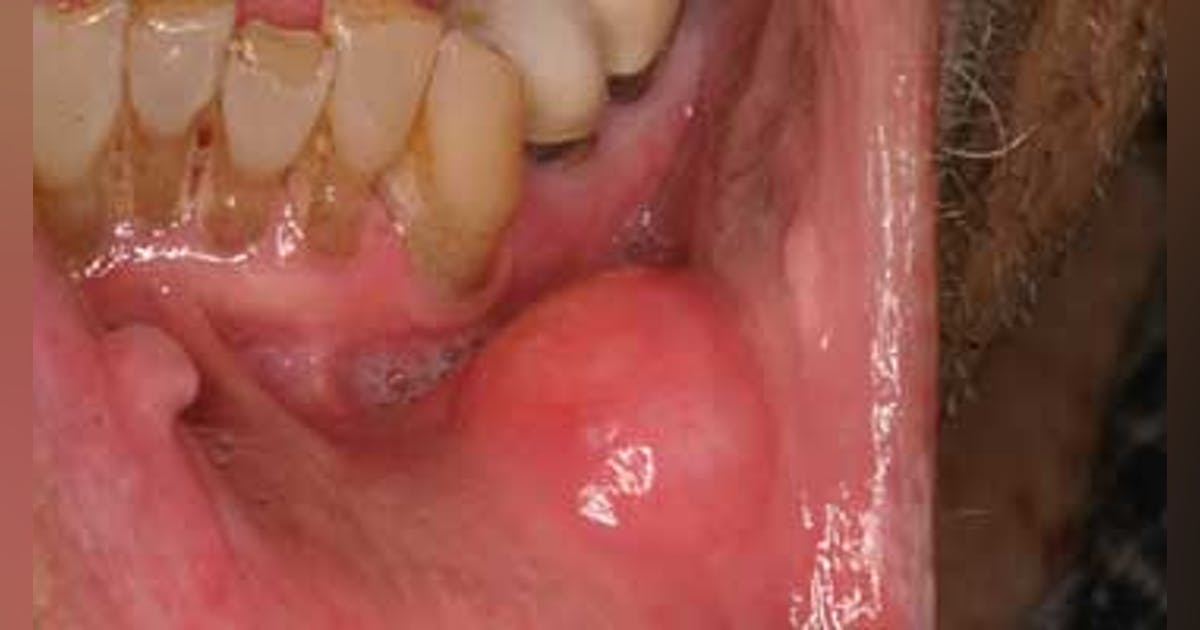According to the American Cancer Society, there are around 54,010 new cases of oropharyngeal or oral cavity cancer in 2021. This is due to heavy tobacco and alcohol use and other unhealthy habits. Fortunately, oral cancer can be easily prevented by maintaining a healthy lifestyle and being aware of the early signs and symptoms. Follow these healthy tips to reduce your risk of having oral cancer:
Maintain Good Oral Hygiene
One of the best ways to prevent oral cancer is by practicing good oral hygiene. Everyone in your family, especially kids, should know the importance of brushing and flossing to avoid the build-up of germs that can cause infections. Regularly visit your family dentist’s clinic to prevent serious issues that can develop in the long run.
If bacteria in the mouth is left unchecked, it can lead to inflammation and gum diseases, weaken your immune system, and impede your body’s ability to fight off cancers.
Quit Smoking
Smoking can decrease a person’s lifespan by about 10 to 12 years, so quit the habit to reduce your risk of heart attack, stroke, and oral cancer. Your sense of smell will also return to normal, food will taste better, and your fingernails and teeth will stop yellowing. Quit smoking and avoid any smoking-related diseases by following these tips:
- Get Physical: Physical activities can distract you from your tobacco cravings. Go out for a walk, run up and down the stairs, or try push-ups and squats while you’re stuck in the office or at home.
- Avoid Triggers: Identify your trigger situations and get through them without resorting to cigarettes. For instance, avoid places or situations where you often use cigars like bars, parties, or when you’re feeling stressed. If you usually smoke while on the phone, place a pen and paper nearby to have yourself occupied with writing rather than smoking.
- Try Nicotine Replacements: Consult your doctor for the right nicotine replacement therapy for you, such as over-the-counter nicotine lozenges, non-nicotine medications like varenicline (Chantix), or nicotine nasal sprays. These can help you overcome your cravings and are generally safe to use.
- Chew on Something: Fight your cravings by chewing on celery, carrots, or sugarless gum. This will help reduce your cravings and avoid the psychological effects of nicotine withdrawal.
Perform a Self-examination at Least Once a Month
Just like breast self-exams, perform an oral self-exam every month to identify and eliminate threats immediately. Early detection can increase your oral cancer survival rate, so it’s important to know how to recognize any suspicious abnormalities and report them to your dentist. Here’s a guide on how to examine your mouth at home:
- Wash your hands properly, then check the sides of your neck and face for any lumps, moles that have changed appearance, sores, or changes in skin color.
- Feel the sides of your jaw and neck and look for any bumps or sore spots.
- Place your fingers over your throat and swallow. It should move up and down instead of side to side. Take note of any hoarseness that lasts more than two weeks.
- Remove any dentures or orthodontic appliances from your mouth, then check the inside using a clean flashlight.
- Check the roof of your mouth for any lumps or changes in color. Gently press against it using your index finger, then take note if there are any changes.
- Check the floor of your mouth, then record any change in shape or color.
- Examine all sides of your tongue, then check for any swelling or color change.
- Check your upper and lower gums for any lumps or tenderness that last for more than two weeks.
- Flip your upper and lower lip and check for any color change or bumps. Gently pinch your cheeks and lips, then record any pain, loss of feeling, or any areas that bleed unreasonably.
Cut Down on Alcohol
Heavy drinking can irritate your mouth and can cause oral cancer. The odds increase if you’re a heavy smoker and drink 3 to 4 times a day. Keep your alcohol intake in check by limiting your purchase, switching to less concentrated drinks like wine, and sticking to your schedule. If you suddenly have the urge to drink more, choose water or any alcohol-free alternatives.
Protect Yourself from UV Exposure
Avoid lip cancer by using lip balm or sunscreen that has SPF 30. Protect your face by wearing hats and avoid tanning beds as they emit UV rays that can increase your risk of having cancer. Also, know the early signs such as a sore that won’t heal, a slightly raised discoloration on the lip, and pain or numbness of the skin around the mouth. Consult your doctor immediately once you have these symptoms.
Just like with any other disease, following preventative measures and early detection can help lower your risk of having oral cancers. Remember to maintain healthy habits and get screened to avoid having serious complications.
